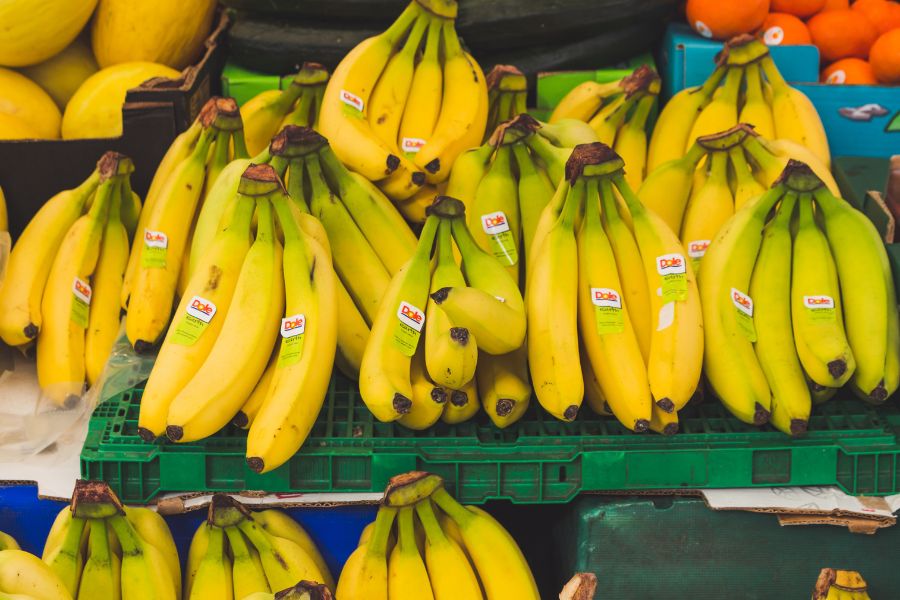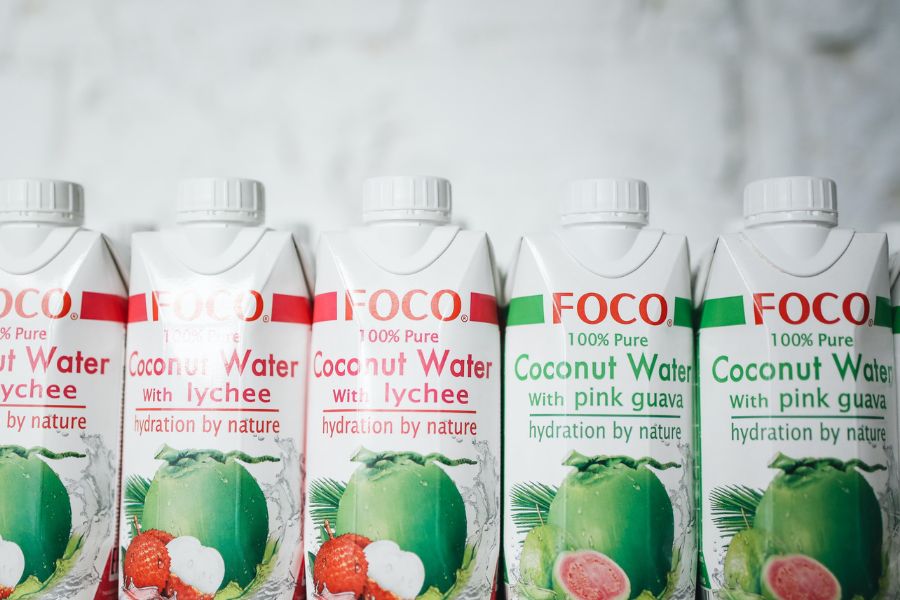
When we think of electrolytes, sports drinks like Gatorade come to mind. But salty beverages aren’t the only way to stay hydrated, balanced, and energized.
In this article, we’ll cover the best natural sources of electrolytes, like fruits, vegetables, dairy products, nuts, and seeds. We’ll also share some tips for incorporating more electrolyte-rich foods into your diet.
So whether you’re an athlete, a busy guy on the go, or just someone who wants to stay healthy, read on to learn more about electrolytes and how you can get your daily dose from foods you probably already have in your fridge.
What are electrolytes?
Electrolytes are minerals that carry an electrical charge. They’re essential for many bodily functions, including hydration, muscle contractions, nerve function, and pH balance. In other words, electrolytes help your body function properly — they’re like the superheroes of your body’s internal system, working behind the scenes to keep everything running smoothly.
“In simple terms, electrolytes refer to the vital minerals in your blood, sweat, and urine,” said Megan Darlington, a registered dietitian. “These include sodium, potassium, calcium, and magnesium. Electrolytes are key for proper nerve and muscle function, so they’re especially important for athletes or people who live an extremely active lifestyle.”

What foods have electrolytes?
While sports drinks and powders like LMNT Electrolytes can be quick and convenient, they’re not your only options. Below, we’ve listed some natural sources of electrolytes that you can find in almost any grocery store.
Bananas
Bananas make for a great pre- or post-workout snack thanks to their high potassium content. They’re also loaded with digestible carbohydrates and are easy to grab on the go. In addition to potassium, bananas contain magnesium, calcium, phosphorous, and small amounts of sodium.
Sunflower Seeds
Sunflower seeds are crunchy, delicious, and a surprising source of electrolytes. According to Darlington, these tasty seeds often fly under the radar when it comes to their electrolytes. “They’re anexcellent source of magnesium and phosphorous,” she said.
Adding a handful of sunflower seeds to your salads, trail mix, or even just snacking on them throughout the day is an easy way to boost your electrolyte intake and support muscle function.
Lentils
Lentils may not be an obvious choice for replenishing electrolytes, but these legumes are packed with nutrients, including electrolytes. The U.S. Department of Agriculture (USDA) reports that one cup of cooked lentils (no salt) contains about 356 mg of phosphorus and 731 mg of potassium.
Dark Chocolate
If you’re craving something sweet, reach for some dark chocolate. It’ll satisfy your sweet tooth and give you a healthy dose of electrolytes at the same time. Dark chocolate is rich in magnesium and potassium, which are important for muscle function and blood pressure regulation. Magnesium also helps to improve sleep quality, and potassium can help to prevent muscle cramps.
Seaweed
Seaweed is an acquired taste, but it’s worth considering if you’re looking for a natural source of electrolytes. Seaweed is a nutrient-rich food that contains various electrolytes, including chloride — an important mineral that helps regulate fluid balance, stomach acid, nerve function, and pH. Seaweed is also a good source of other electrolytes, such as potassium, magnesium, and iodine.
In addition to being nutritious, seaweed is a versatile ingredient that can be used to make various snacks, apps, and meals. Add it to stews, soups, sushi rolls, salads, and smoothies.

What drinks have electrolytes?
If you can’t stomach the thought of scarfing down a plate of lentils or a handful of sunflower seeds after a workout, there are still plenty of options outside the sports drink aisle.
Coconut Water
Coconut water is a great alternative to traditional sports drinks; it’s natural, hydrating, and contains electrolytes such as potassium and magnesium.
“Often the easiest and quickest way to replenish your body with electrolytes is by drinking rather than eating,” Darlington said. “I recommend coconut water or plant-based milk to quickly replenish your body with the necessary electrolytes. I would stay away from most sports drinks that claim to be good for hydration since they usually contain large amounts of sugar.”
Milk
Milk probably isn’t your go-to after a hard workout, but real dairy has its benefits.
“For people looking to replenish electrolytes after exercise, milk is a one-stop shop because it is a natural source of potassium, calcium, and sodium,” said Erin Coffield, RDN, LDN, and Vice President, Health and Wellness Communications at National Dairy Council. “Or you can make a smoothie with fruits, greens, milk, and/or yogurt.”
Water
Electrolytes drinks and waters are an easy go-to when you’re dehydrated, but sometimes you need regular tap water to quench your thirst. Although bottled and tap water aren’t exactly rich in electrolytes, water plays an important role in transporting nutrients and electrolytes throughout the body.
According to the USDA’s Nutrient Data Laboratory (NDL), tap water contains 2–3% of the recommended daily intake (RDI) of sodium and trace amounts of other electrolytes, such as magnesium and calcium.
The bottom line is that you don’t need to reach for a sports drink when you’re tired or sluggish. Plenty of natural sources of electrolytes can give you the same boost. So next time you feel drained, reach for a banana, some yogurt, or a handful of sunflower seeds — your body will thank you for it.
Editors' Recommendations
- Want to know how to build muscle? A doctor says you should eat these foods
- Cranberries are great for your health: RDs reveal how to add them to your diet this winter
- Salmon, coconut oil, chia seeds, and more: The best foods to fight inflammation
- The benefits of cinnamon, and why you should be eating more of it
- How to lose belly fat: Eating these 10 foods more often will help a lot




